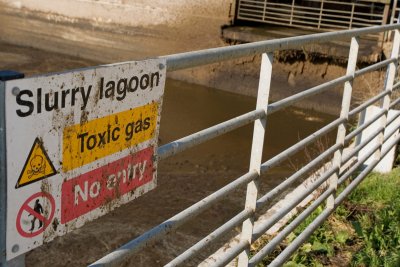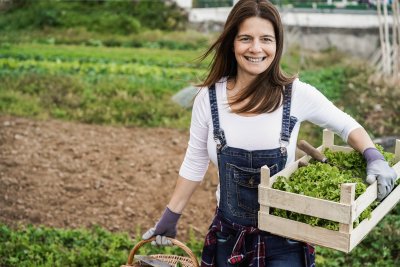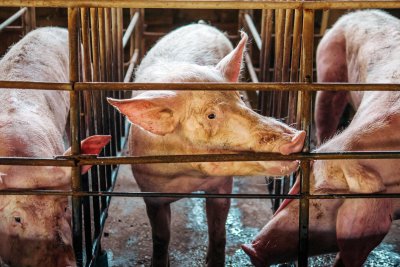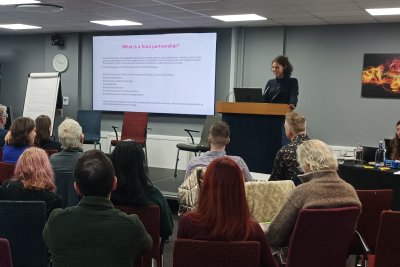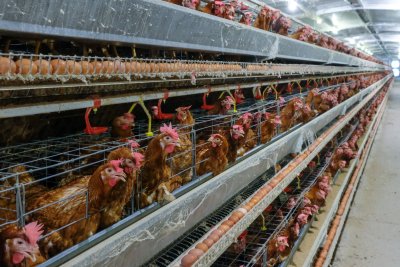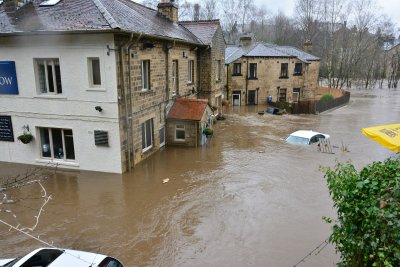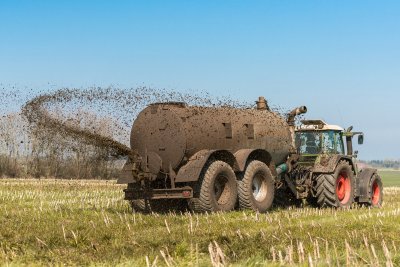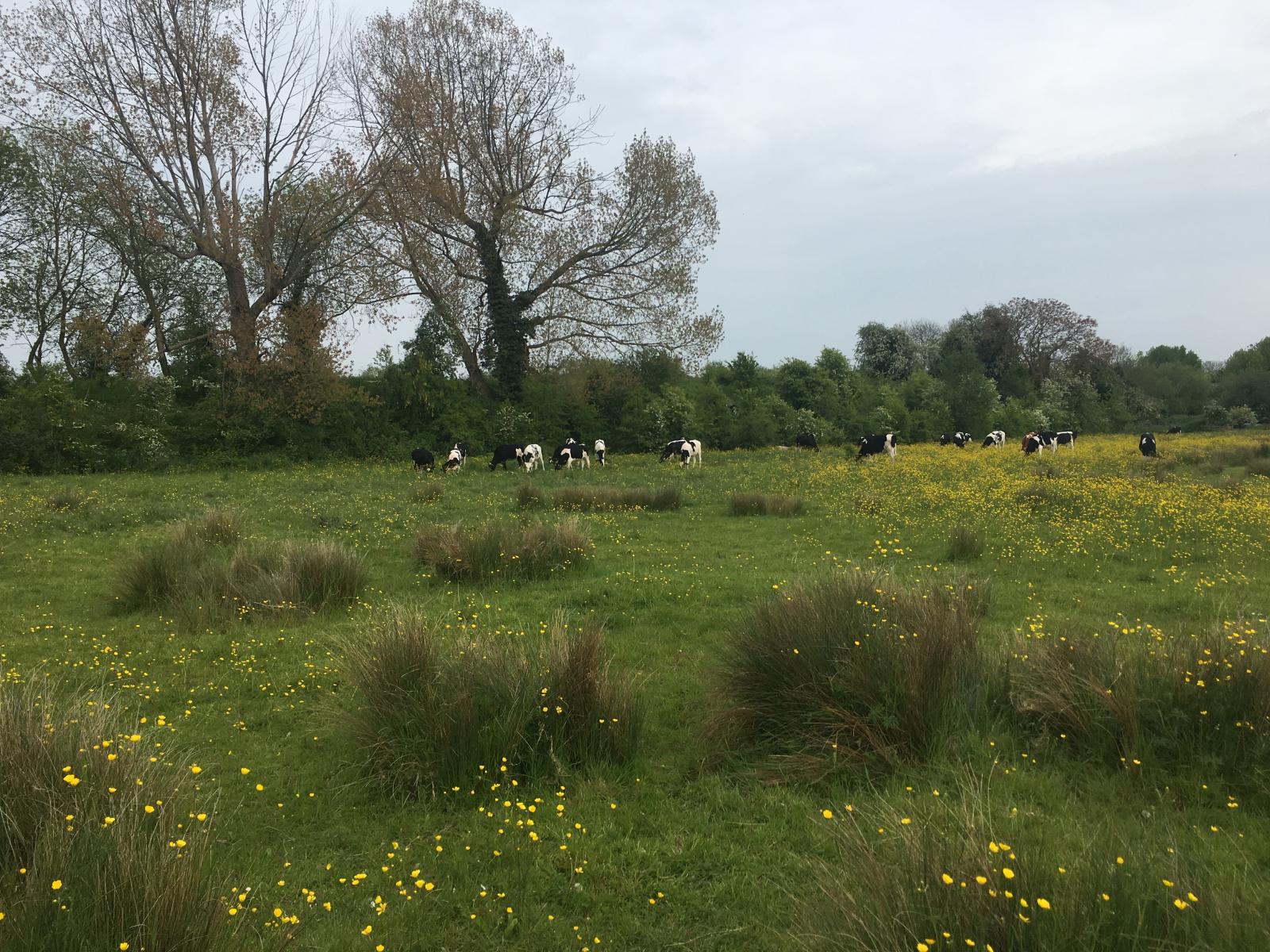
The US eyes carbon credits for farmers as a tool to tackle climate change
With the likely confirmation of a Joe Biden and Kamala Harris presidency, we can all sigh a relief that tackling climate change should be back on the American agenda. Sustain takes a look at a recent announcement that the Biden-Harris administration might be thinking about a ‘carbon bank’ for US farmers.
Titled the ‘Climate 21 Project’, a group of climate experts and advisers have set out some of the ways Biden and Harris can try to tackle climate change directly from the White House. Through a memo, the group sets out ways the U.S. Department of Agriculture (USDA) can play a key role in this by supporting farmers into practices that draw CO2 out of the atmosphere for storage in soils, trees and other biological elements of the landscape.
US Climate 21 Project Transition Memo: Department of Agriculture
The group are looking at ways the USDA can establish and expand programmes that support the adoption of practices like cover cropping, reforestation and use of methane digesters for livestock. One option could be through establishing a carbon bank for farmers through the government-owned Commodity Credit Corporation; these public-backed carbon credits could be used to finance sustainable land management approaches. Another is through re-imagining crop insurance to incentivise climate-friendly farming on the 370 million acres of government insured farmland.
Although well designed carbon offsetting schemes are not the solution to achieving net-zero, they can help start a transition towards it—countries need to reduce emissions, not just offset them. By providing accessible credits for farmers, it could be part of a series of policies that help change the way land is managed for the long-term. Some scientists have cautioned against this being the sole approach as carbon can easily be lost from agricultural soils, but they welcome it, if it is coupled with expanding conservation programmes.
This much needed change of direction for the USA comes as the UK government announced its ‘ten-point plan’ for achieving net-zero by 2050. Although a good starting point, many UK experts and advisers have warned that the UK's plan is not enough, and Sustain has pointed out that it is totally lacking of any ambition around food, farming and fishing.
Environment Land Management (ELM) – the new UK farming environment schemes – could pave the way towards an agroecological farming future that delivers on public goods like climate change mitigation and adaptation. By supporting farmers into these farming approaches, there could be opportunities to sequester more atmospheric carbon into soils, trees and habitats (like peatland), and reduce emissions of greenhouse gases—a ‘win-win’ in policy terms.
Sustainable Farming Campaign: Sustain encourages integration of sustainable food and farming into local, regional and national government policies.
Sustain
The Green House
244-254 Cambridge Heath Road
London E2 9DA
020 3559 6777
sustain@sustainweb.org
Sustain advocates food and agriculture policies and practices that enhance the health and welfare of people and animals, improve the working and living environment, promote equity and enrich society and culture.
© Sustain 2025
Registered charity (no. 1018643)
Data privacy & cookies
Icons by Icons8
